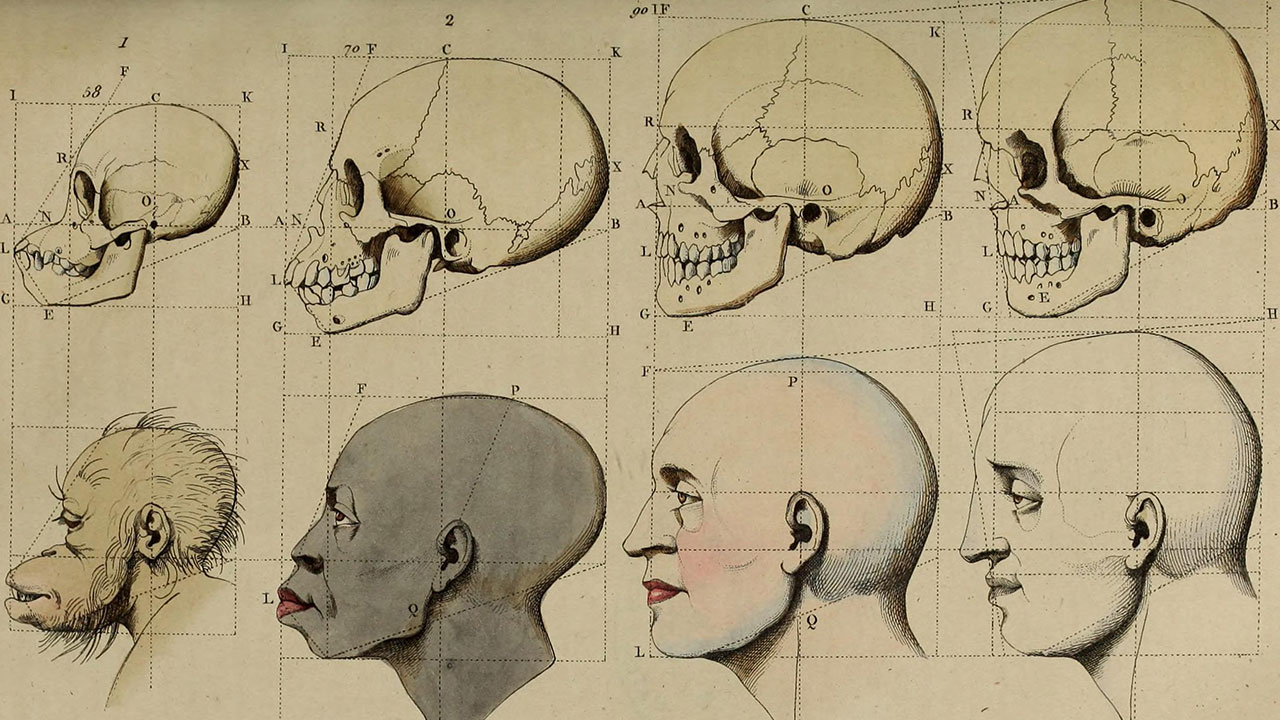In February, the American Historical Association’s official scholarly journal published a book review written by Raymond Wolters on a new study of school segregation and inequality.
Wolters, a professor at the University of Delaware, has all the credentials of an accomplished scholar — but he has also been published by the white nationalist American Renaissance and the National Policy Institute, the latter being alt-right figurehead Richard Spencer’s deliberately anodyne-sounding “think tank.”
In apologizing for publishing Wolters’ review, the editor of American Historical Review cited his seemingly respectable credentials as the reason why his debunked scholarship had been given credence. Wolters’ ability to fool even the most mainstream academics is part of a long history of racist pseudoscience passing for the real thing, as Nicole Hemmer, an assistant professor at the University of Virginia’s Miller Center, recently unpacked.
Writing for US News & World Report, Hemmer ties together a string of recent high-profile incidents involving proponents of long-debunked theories of race science. Her analysis is well worth reading:
Intellectualized racism cuts against the common assumption that racism is rooted in ignorance and provincialism, that it can only be crude and passe. Thus when Richard Spencer, the face of the alt-right, shows up in a natty suit, he is treated as an unusual curiosity. When Charles Murray shows up brandishing a Ph.D. and some regression tables, he is treated as a sober-minded scholar.
Murray is just one figure responsible for intellectual racism’s “renaissance of late,” as Hemmer points out:
Intellectual racism is receiving more attention than at any time since the debut of “The Bell Curve,” the 1994 book by Richard Herrnstein and Charles Murray about race and IQ. Murray himself is back in the news, triggering protests as he tours college campuses. Andrew Sullivan, who published excerpts of Murray’s work as editor of The New Republic, recently went out of his way to make a case against the persistence of racism and for black pathology at the end of a much-read piece about Hillary Clinton. Within the last year, white nationalist sites like VDARE, American Renaissance and Radix have become part of the political landscape.
In an earlier article for Vox, Hemmer describes the long history of scientific racism on the political right and its recent resurgence in policymaking circles:
Trump’s casual rhetoric of genetic superiority, his stable of advisers touting the supremacy of white Western culture, his hesitance to denounce the alt-right — all this has reenergized advocates of scientific racism. These ideas have transitioned from outsiders to insiders thanks to Trump.
Hemmer writes that “racism is about power, not ignorance. It is infinitely adaptable. It comes in fitted suits as well as flowing sheets, in well-appointed faculty lounges as well as smoke-filled dive bars.”
Racist myths are stubbornly persistent. The search for scientific support for racist ideologies is no less so.
As always, thank you for reading.
The Editors
PS. Here are a few more important reads from the past week:
- The Duke Lacrosse Scandal and the Birth of the Alt-Right by Reeves Wiedeman, New York Magazine
- Arkansas fights to execute two men without testing DNA evidence that could exonerate them by Liliana Segura, The Intercept
- A New Exhibit in the Case for the Black Lives Matter Movement by Conor Friedersdorf, The Atlantic
- ‘We’re truly sorry’: Fla. apologizes for racial injustice of 1949 ‘Groveland Four’ rape case by Katie Mettler, The Washington Post
- How Trump Blew Up the Conservative Media by Eliana Johnson, Politico Magazine
SPLC’s Weekend Reads are a weekly summary of the most important reporting and commentary from around the country on civil rights, economic and racial inequity, and hate and extremism. Sign up to receive Weekend Reads every Saturday morning.



